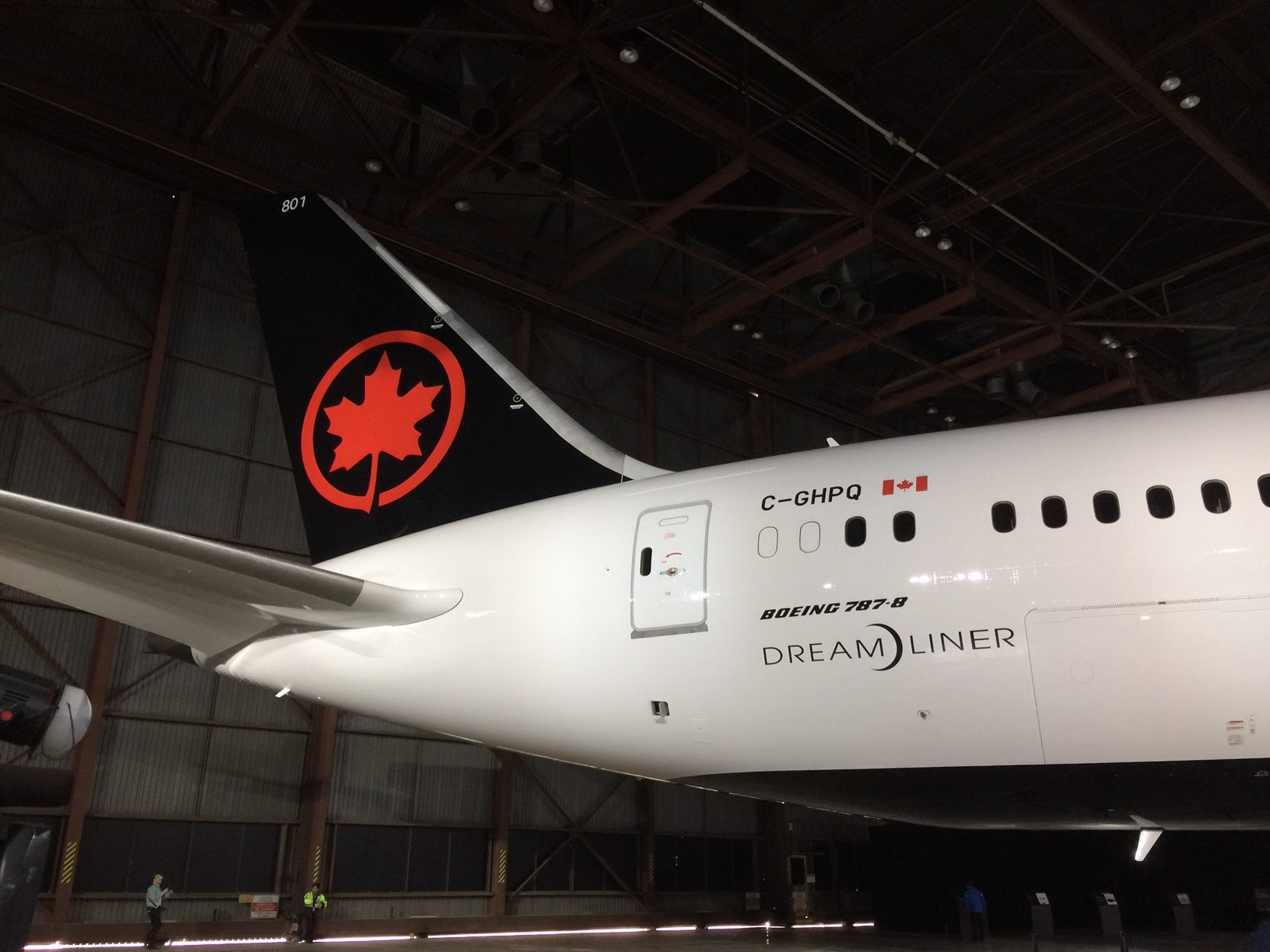Skift Take
Air Canada and United still dominate the majority of U.S.-Canada routes, so it's hard to see how anti-trust immunity helps consumers. But it certainly would make the airlines more formidable competitors.
Roughly five years after their last attempt, Air Canada and United Airlines may reapply for anti-trust immunity for trans-border routes, a move that could allow the two carriers to collude on pricing and schedules while sharing revenues, Air Canada’s president said in an interview.
“We think together we could be able to get a little bit better share in the marketplace in a more profitable way,” Air Canada’s Ben Smith said during a discussion at the carrier’s Toronto hub. “We’ll look at it.”
The carriers received clearance to start an immunized joint venture in 2012, but they never pursued it, because Canada’s regulator asked for too many “carveouts” — or routes that would not be covered. As part of a legal settlement with Canada’s regulator, the two airlines were banned from colluding on 14 of the most highly-traveled cross-border routes, including Montreal to Chicago, Toronto to San Francisco and Calgary to Houston. With so many routes not covered, a joint venture would have been “almost impossible” to implement, Smith said.
“I think we were unfortunate that the regulator in Canada had just recently been appointed when we applied and in our view didn’t fully understand what the potential benefits could be,” Smith said. “We felt like when you looked at what had been approved in the past versus what we were given in the last go around, it didn’t really make sense. I would be surprised if we do make another application if we end up with the same sort of result.”
Airlines like anti-trust immunity because it allows them to coordinate more closely with partners than would be otherwise legal. Two carriers might divvy up all flights between Toronto and Chicago, so each flies half of them, dividing revenue from all flights equally. Today, though Air Canada and United are codeshare partners, they are required to compete on cross-border routes. That’s not the case on trans-Atlantic sectors, since United and Air Canada, along with Lufthansa Group, have anti-trust immunity between North America and Europe.
Regulation Environment
While airlines generally receive clearance, regulators in recent years have started taking a closer look at proposed tie-ups. U.S. regulators recently approved a joint venture between Aeromexico and Delta Air Lines, but only after the airlines agreed to give up some takeoff and landing rights at Mexico City’s airport. However, U.S. regulators last year rejected American Airlines’ application for antitrust immunity with Qantas, arguing that the deal would hurt consumers on U.S-Australia routes. (Qantas and American plan to reapply, in the hopes the Trump Administration sees the matter differently.)
In the interview, Smith noted that competition on trans-border routes has changed since Air Canada and United’s 2012 application. Air Canada’s main domestic competitor, WestJet Airlines, a Delta and American partner, has grown considerably, so routes like Calgary-Houston are no longer United/Air Canada monopolies.
In addition, U.S airlines, including discounters like Spirit Airlines and Allegiant Air, have added flights at border airports, such as Buffalo, New York and Bellingham, Washington, to entice Canadian leisure travelers with lower fares. That has also added more competition, giving Canadians more travel options on flights to the United States.
With a joint venture, Smith said, Air Canada could be more formidable against competition that did not exist five years ago.
“i think we have done a very good job of proving to the regulators on both sides of the border that these joint ventures have been neutral if not super positive for the consumers and for labor,” he said.
But even if that airlines decide not to move forward, Smith said they will be fine.
“The relationship we have on the trans-border without a comprehensive joint venture still works very well,” Smith said “Our share combined is pretty good. We are both pretty happy. We are not in each other’s hair too much.”
A United Airlines spokeswoman did not reply to a request for comment.
The Daily Newsletter
Our daily coverage of the global travel industry. Written by editors and analysts from across Skift’s brands.
Have a confidential tip for Skift? Get in touch
Tags: air canada, united airlines
Photo credit: Air Canada, which recently unveiled a new livery, may reapply for a North American joint venture with United Airlines. Brian Sumers / Skift
